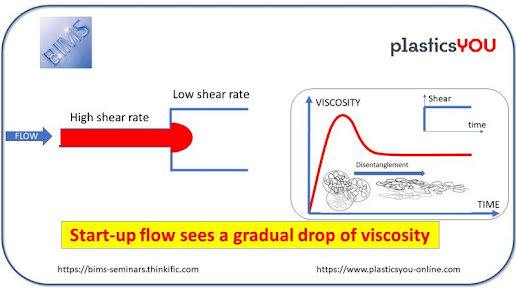Sustainmetrics Carries out LCA on Cereplast Hybrid 101 Bioplastic to Assess its Environmental Effects
Cereplast, Inc. ,a leading manufacturer of proprietary biobased, sustainable bioplastics, completed a third party Life Cycle Assessment (LCA) report that assessed the environmental impacts of a number of conventional and renewable plastics from cradle to factory gate (from raw material extraction to the production of the plastic product), and determined that Cereplast Hybrid 101 is superior to all conventional plastics evaluated in terms of overall environmental impact.
The study was performed by Sustainmetrics and compared Cereplast Hybrid 101 bioplastic to four different conventional plastics includingLow Density Polyethylene (LDPE), Polyethylene Terephthalate (PET), High Impact Polystyrene (HIPS) and Polypropylene (PP). The LCA is currently undergoing third party peer review, which will be completed within the next two weeks.
The goal of the study was to assess the environmental impacts from cradle to factory gate through an LCA method that quantifies the environmental impact of the energy and materials used, wastes generated, and emissions released. The LCA provided a rating for each product's cumulative environmental impact including climate change, ozone layer depletion, and ecotoxicity, all of which were turned into a single ReCiPe eco-points score.
Impact assessments were conducted for Carbon Footprint (Global Warming Potential) using the official Intergovernmental Panel on Climate Change (IPCC) methodology, Abiotic Resource Depletion using the widely used CML methodology regarding the use of non-renewable materials such as oil and metals, and Overall Environmental Impact using the most recent ReCiPe single score methodology, which is the standard for creating an overall score.
The reduction in Global Warming Potential for Hybrid 101 compared to conventional PP is 32% when you factor in biogenic carbon. When you replace 1,000,000 pounds of conventional PP with Hybrid 101, the environmental impact reduction is 800,000 pounds of CO2 eq., which is equivalent to driving 732,800 miles in an average passenger vehicle, or driving around the world more than twenty-nine times. If 0.1% of the global demand for PP was replaced with Hybrid 101, that's the same as removing 5,100 cars from America's roads or planting 1,200,000 trees, which would save millions of pounds of carbon dioxide a year.
"This is a very significant step forward in our quest for a safer planet," said Chairman and CEO of Cereplast, Mr. Frederic Scheer. "Cereplast created the concept of hybrid resins a few years ago, believing in the advantages of and seeing the need for this type of resin. This third party LCA report confirms the environmental benefits of the Cereplast Hybrid 101," added Scheer. "Companies that use the Cereplast Hybrid Resins® product line for consumer products, household goods, furniture and even automotive applications, will contribute to a cleaner planet without compromising the quality of their products. With Hybrid 101 at a similar price to standard polypropylene, we are expecting a surge in demand."


Comments
Post a Comment